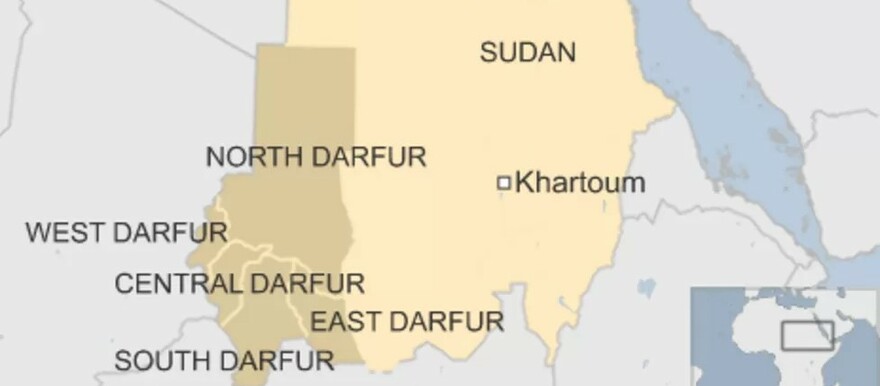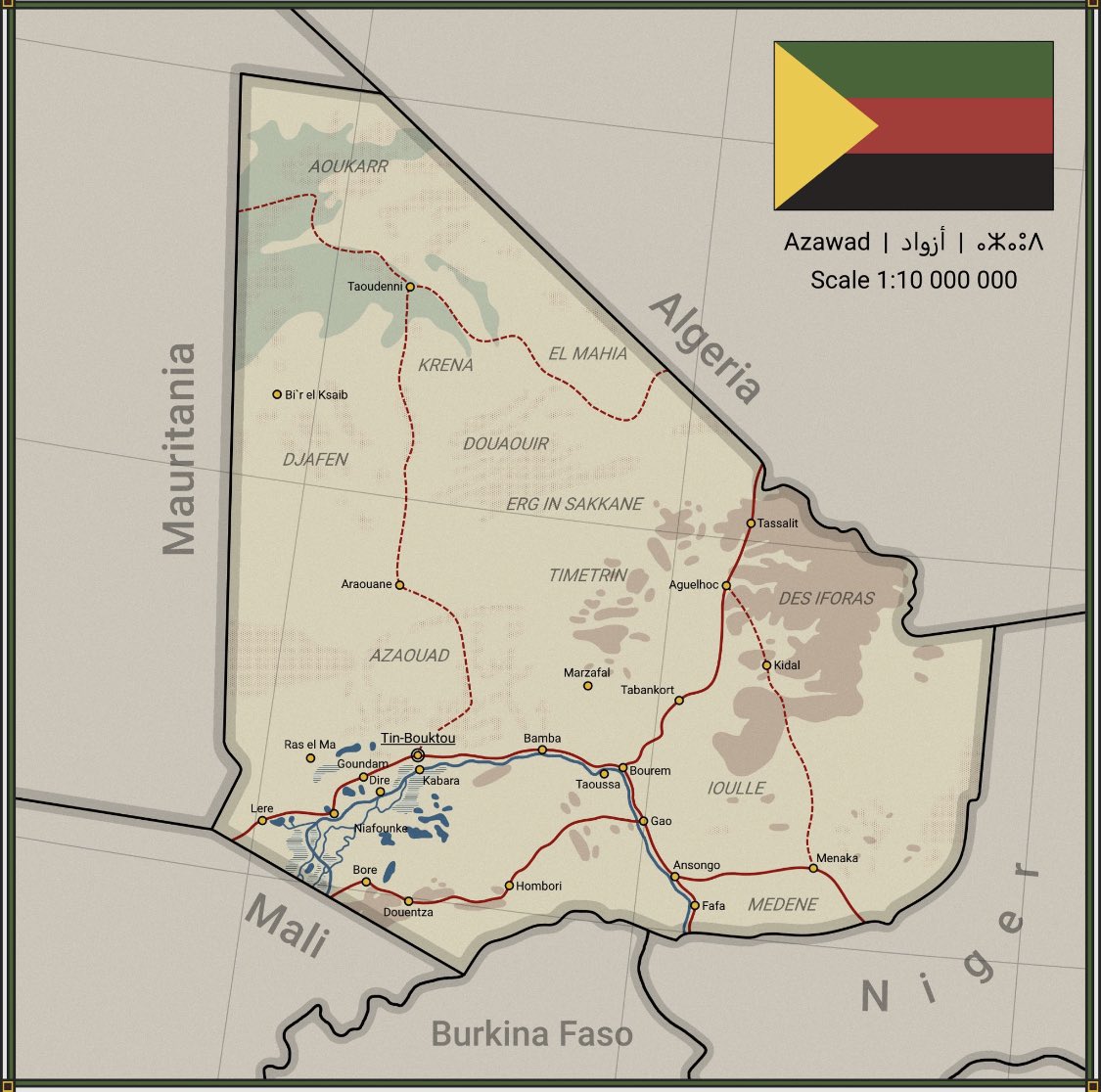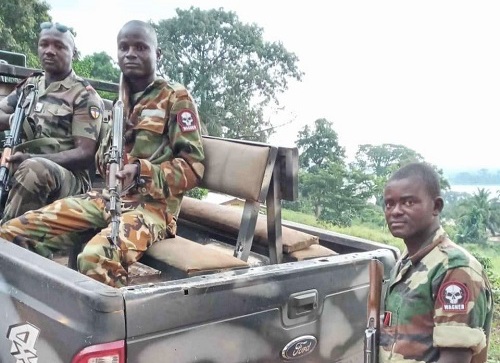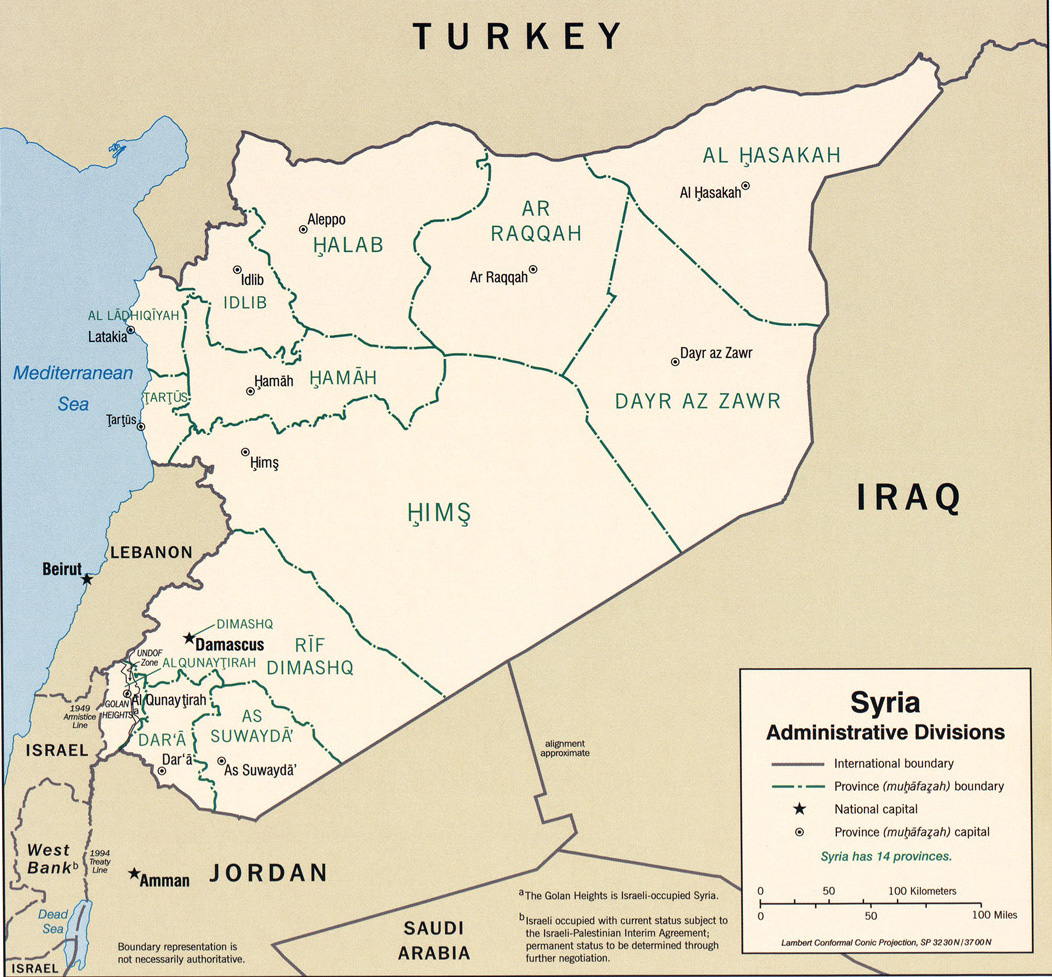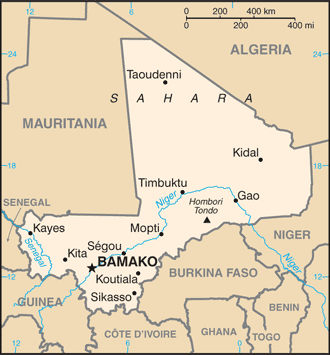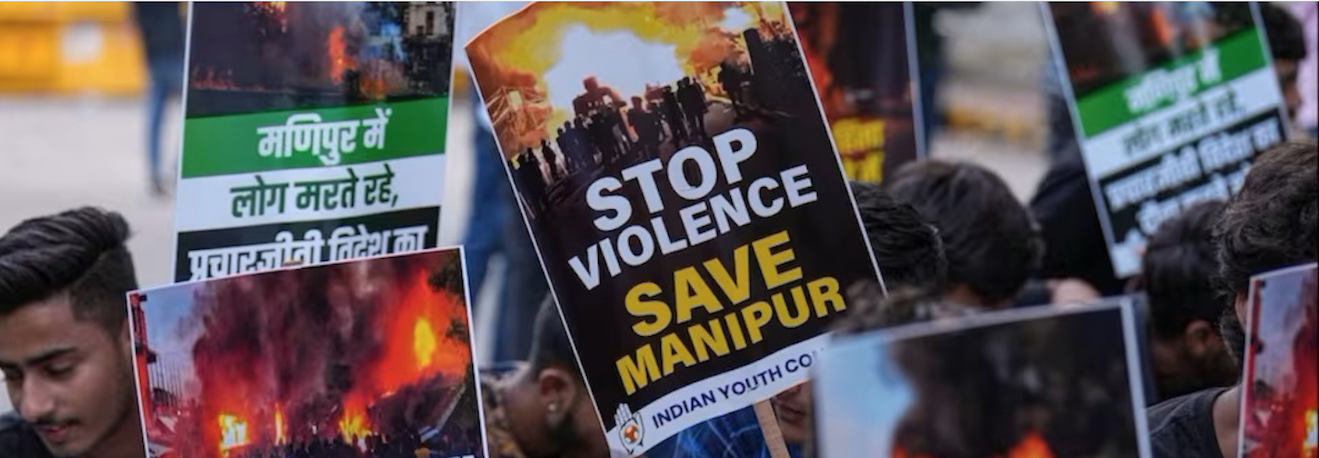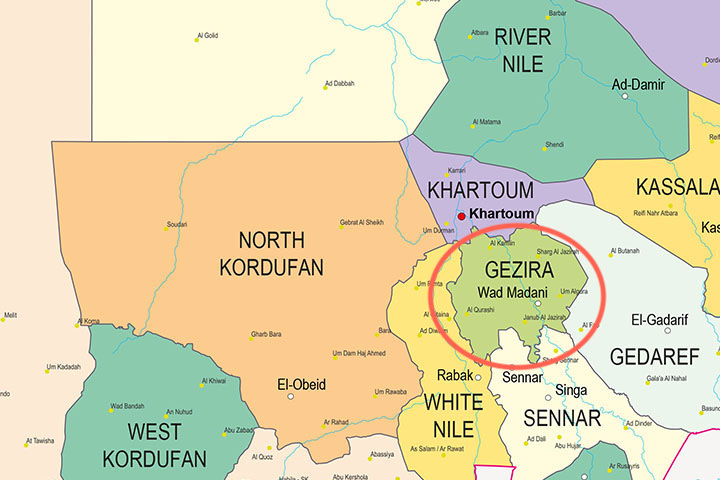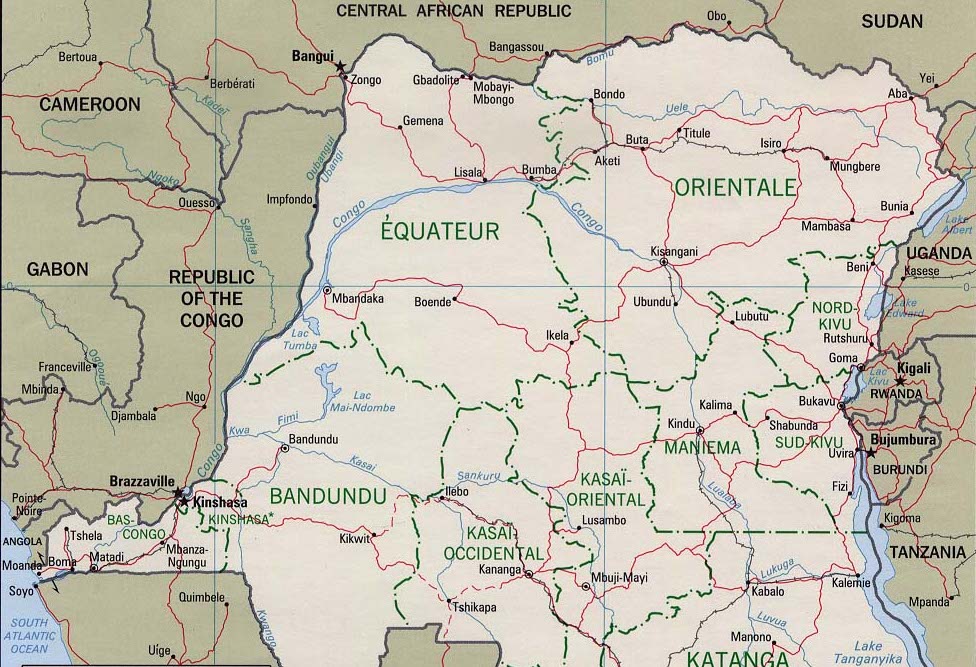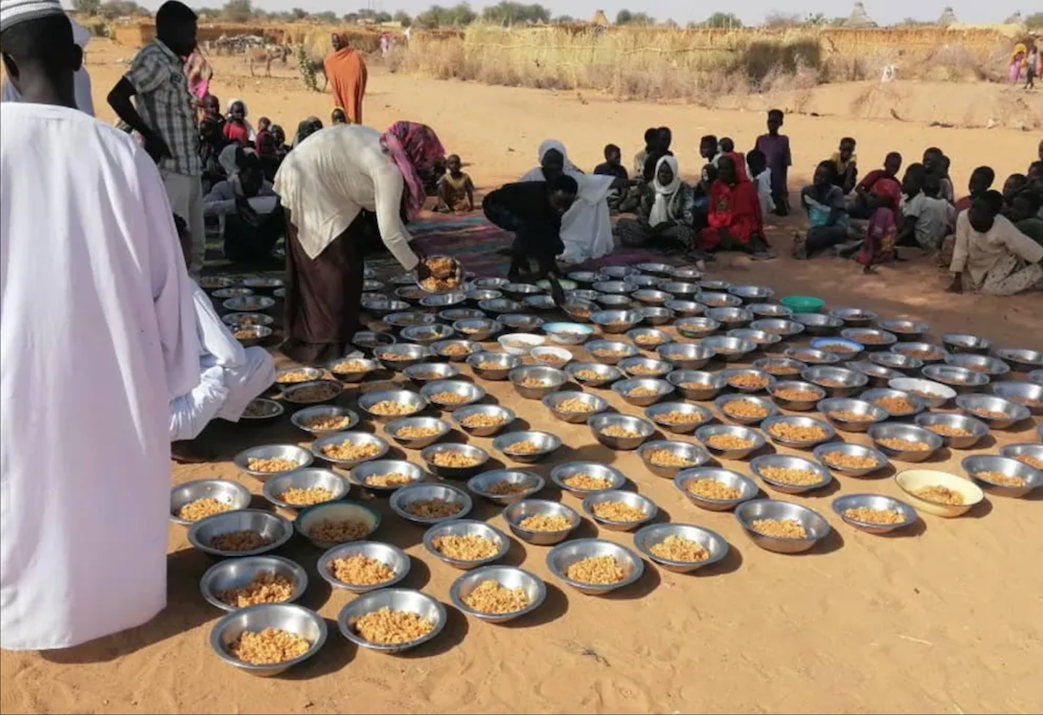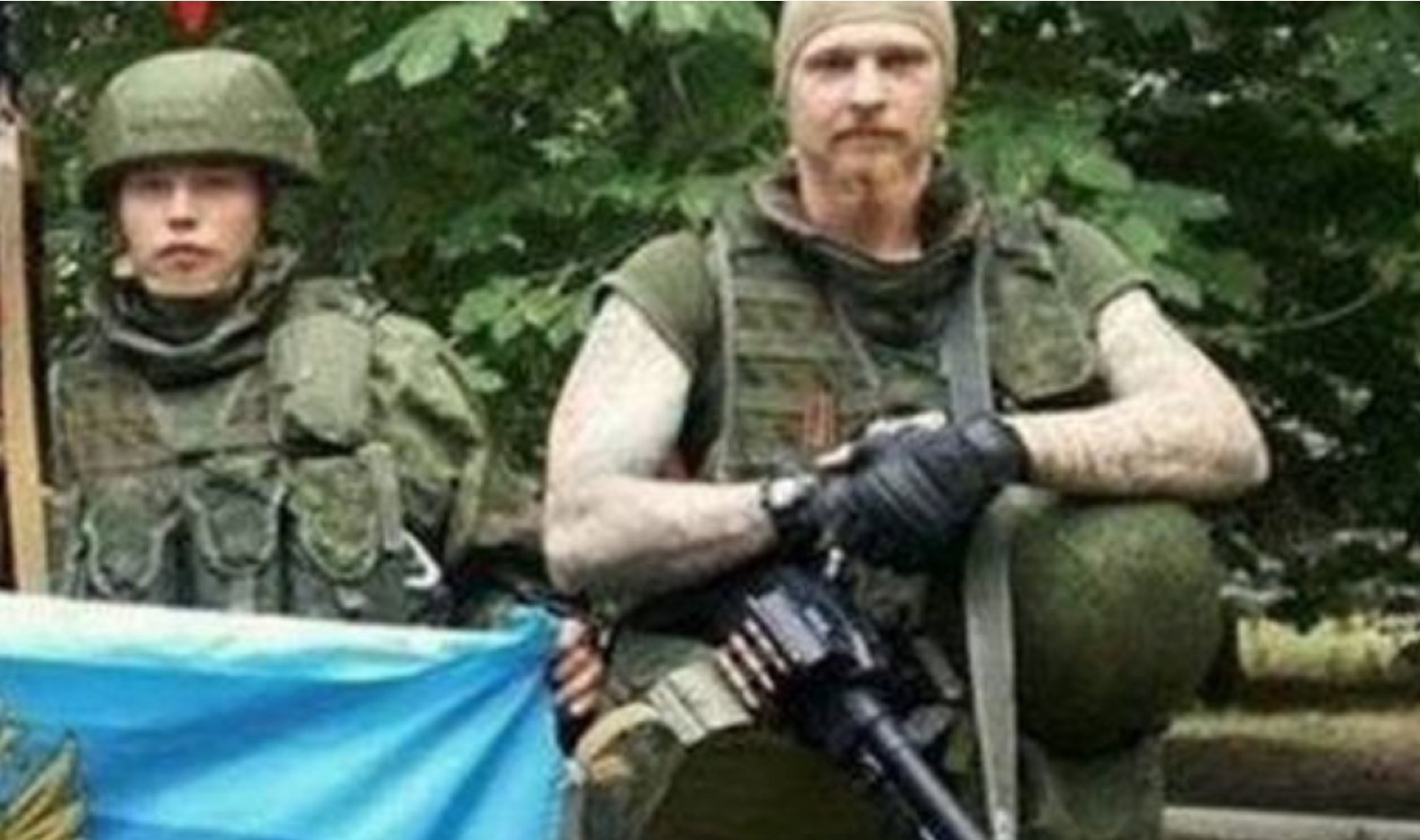
Russian paramilitary leader gets life for war crimes —in Finland
The Helsinki District Court in Finland sentenced a 38-year-old man to life for committing war crimes in Ukraine. Voislav Torden, 38, a Russian-Norwegian better known as Yan Petrovskiy, was deputy commander of a neo-Nazi paramilitary unit called Rusich, which participated in Russia’s first incursions into Ukraine in 2014. According to prosecutors, Petrovskyi was responsible for leading an attack on Ukraine’s eastern frontier in 2014, which left approximately 20 Ukrainian troops dead. Petrovskyi was accused of ordering his men to carve Rusich’s emblem into the chest of a wounded Ukrainian soldier. He was also charged for posing with a dead soldier’s body for photos, which were later uploaded to social media. (Photo of Azov Battalion fighters: Carl Ridderstråle/Wikimedia Commons)



